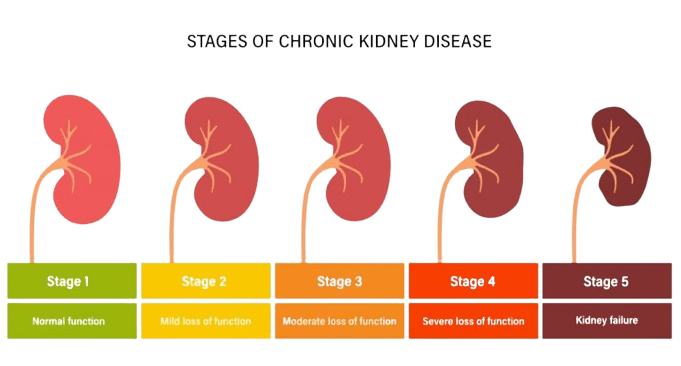
Frequent swelling in the legs, ankles, or feet
Consistent headaches
Dry and itchiness in the skin
Reduced sense of taste and appetite
Less energy and trouble concentrating
Unexplained confusion, memory problems, or trouble focusing
Pain, fluid in the joints, or stiffness
Unexplained blood pressure problems
Muscle cramps, numbness, or weakness
Blood in the urine (hematuria)
Reduced urine output not related to dehydration
Abnormal weight loss
+91 9843722515
04565 356355
kkckidneycare@gmail.com